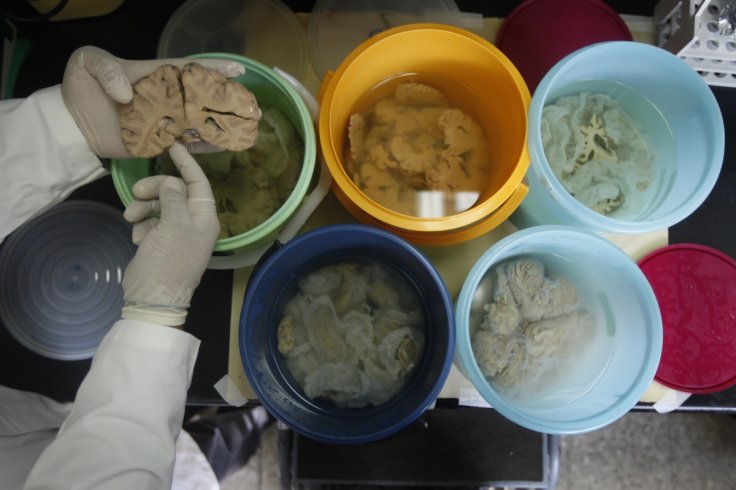
Over the years, there have been many researchers who put all their efforts to understand Alzheimer's disease. Now, a British neuroscientist has said that he is optimistic about current research and studies on the disease.
Joseph Jebelli, the neuroscientist, started studying Alzheimer's disease after seeing his grandfather who suffered from this illness. Joseph observed him and thought about other victims of this brain disease.
The 31-year-old scientist said even though there is no particular cure for the patients of Alzheimer's disease, he believes in the recent medical studies and hope to witness a major achievement within 10 years, as researchers from all over the world are trying to achieve a positive result.
"Just the last few years alone have seen some serious breakthroughs in Alzheimer's research. Ten years should be enough time for us to develop, if not a cure, certainly a much better treatment than what we have at the moment," said Joseph, as quoted by The Telegraph.
He wrote a book about the brain disease, named 'In Pursuit of Memory- the Fight against Alzheimer's'.
Here are few studies, published recently on Alzheimer's to widen the path of the treatment.
Medical Marijuana to help Alzheimer's patient
The World Health Organization (WHO) had announced that after researching on cannabidiol (CBD), they have come to the conclusion that this drug could be useful for the treatment of Alzheimer's.
A report mentioned, "There is increased interest from the Member States in the use of cannabis for medical indications including for palliative care."
"Responding to that interest and increase in use, WHO has in recent years gathered more robust scientific evidence on the therapeutic use and side effects of cannabis and cannabis components...Recent evidence from animal and human studies shows that its use could have some therapeutic value for seizures due to epilepsy and related conditions," said the report.
New Tool to trace Alzheimer's risk
Researchers have developed a new tool called QuoCo (cognitive quotient), which would help physicians to track the cognitive performance of older adults at risk of developing Alzheimer's disease.
Robert Jr Laforce from Quebec University Hospital Centre in Canada said, "Similar to 'growth charts' used in paediatrics, the QuoCo cognitive charts allow physicians to plot the cognitive performance of any patient based on age, education and score on the Mini-Mental State Examination, and track cognitive change over time."
Psychoactive drug use for Alzheimer's patients
A class of psychoactive drugs called Benzodiazepine, which specifically works on the central nervous system, is considered as a key treatment of anxiety, agitation and insomnia in patients suffering from Alzheimer's. But according to the researchers from the University of Eastern Finland, the use of this drug may increase the risk of death by 40 percent.









